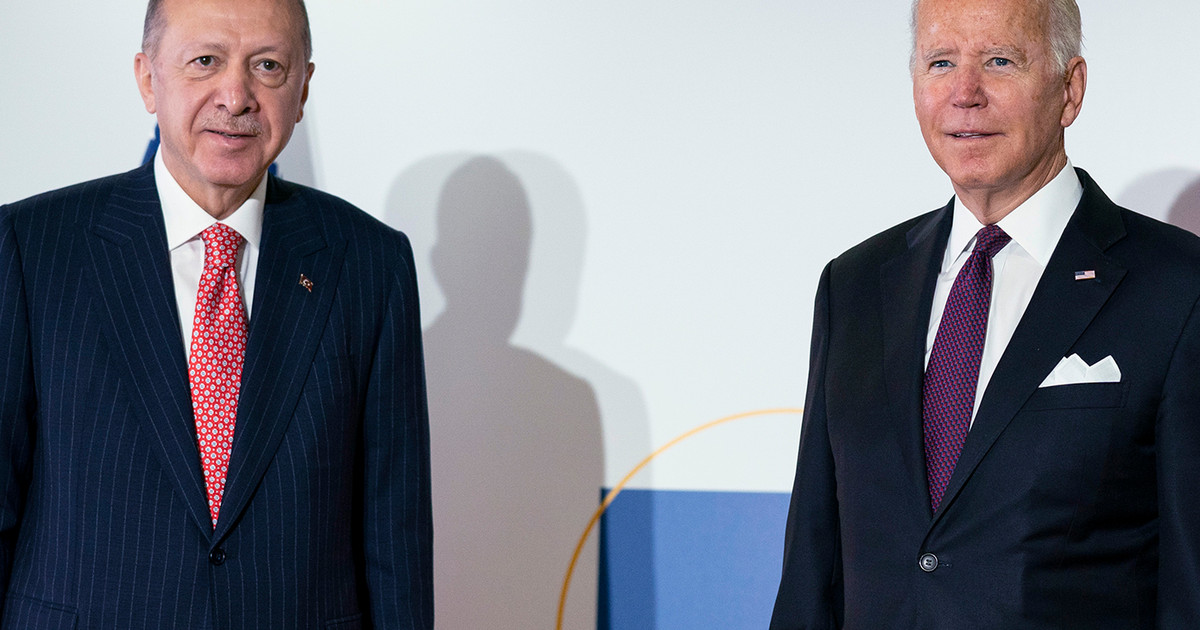LAST UPDATE: 14:06
President Vladimir Putin signed a decree for a new Russian company to take over management of the Sakhalin-2 gas and oil project in the Russian Far East, a move that could force Shell and Japan’s Mitsui and Mitsubishi to exit their investments , according to what Reuters reports.
According to the decree the new company will take over all the rights and obligations of Sakhalin Energy Investment Co, in which the two Japanese trading companies and Shell Plc hold a stake of just under 50%.
According to Bloomberg, the decree cites threats to Russia’s national interests and economic security, according to a statement dated June 30, issued by the Kremlin and signed by Putin. Those interested have one month to indicate whether they will join the new company, and those who leave may not be fully compensated, the statement said.
Shell made clear its intention to abandon the project months ago and is in talks with potential buyers. But Japan has previously said it will not abandon its interests that are important to its energy security, even if it is asked to leave.
Shares of Mitsui and Mitsubishi fell 6% in Friday trading on concerns about impairment losses. They underperformed the Nikkei, which fell 1.9%.
A Mitsubishi spokesman said the company is in discussions with its Sakhalin Energy partners and the Japanese government about how to respond to Putin’s order. Mitsui had no immediate comment.
Mitsui has a 12.5% stake in the project and Mitsubishi 10%, while Shell owns 27.5%, minus one share. Russian gas giant Gazprom owns 50%, plus one share.
Japanese interests at risk
Sakhalin-2 supplies about 4% of today’s global liquefied natural gas (LNG) market. Japan, South Korea and China are the main customers for oil and liquefied natural gas exports, according to Shell.
Asked about Putin’s decree, Japan’s deputy chief cabinet secretary Seiji Kihara said the government was examining its content and analyzing Moscow’s intentions.
“In general, our country’s interests in energy resources should not be harmed,” he told a regular news conference, declining to say whether Japan was in contact with Moscow on the issue.
The country’s Industry Minister Koichi Hagiuda emphasized that Japan does not consider Russia’s decree to be a demand.
The Japanese government believes the decree, signed by Russian President Vladimir Putin on Thursday, asks current stakeholders if they agree to hand over all rights to the project to a new company, he added.
According to the decree, Gazprom will keep its stake, but the other shareholders are required to ask the Russian government for a stake in the new company within a month. The government will then decide whether to allow them to retain a stake.
Shell CEO Ben van Beurden told reporters on Wednesday that the company is “making good progress” on its plan to exit the Sakhalin Energy joint venture.
“I can’t tell you exactly where we are because it’s a commercial process, so I have to respect the privacy … but I can tell you that when I got an update last week, I was really happy with where we are.”
As reported by Bloomberg, Mitsubishi is in consultation with its partners and the Japanese government, according to what its representative said in an email. Production continues, he said. A Mitsui spokesperson said they are still monitoring the situation.
Sources told Reuters in May that Shell was in talks with a consortium of Indian energy companies to sell its stake in Sakhalin-2.
Saul Kavonic, head of integrated energy and resources research at Credit Suisse, said Russian LNG production from projects such as Sakhalin-2 is likely to suffer over time as foreign expertise and spare parts become unavailable. “This will effectively limit the LNG market this decade,” he said.
On the demand side, any increase in Russian government involvement will make sourcing from these projects more difficult for many buyers, he said. Japan was urgently looking for alternative supply options, he added.
What does the Kremlin say?
Russia sees no reason to stop liquefied natural gas (LNG) deliveries from the Sakhali-II project after Moscow moved to create a new company that will take over all rights and obligations of the energy project, the Kremlin said on Friday .
Asked whether exports of liquefied natural gas from Sakhalin-2 were at risk, Kremlin spokesman Dmitry Peskov said: “So far, we see no reason for this, especially given the procedures that will be conducted under the decree.”
Asked whether Russia’s approach to Sakhalin-2 could be repeated in another region, Peskov said: “There can be no general rule here. Each situation will be considered on a case-by-case basis.”
Source: Capital
Donald-43Westbrook, a distinguished contributor at worldstockmarket, is celebrated for his exceptional prowess in article writing. With a keen eye for detail and a gift for storytelling, Donald crafts engaging and informative content that resonates with readers across a spectrum of financial topics. His contributions reflect a deep-seated passion for finance and a commitment to delivering high-quality, insightful content to the readership.






